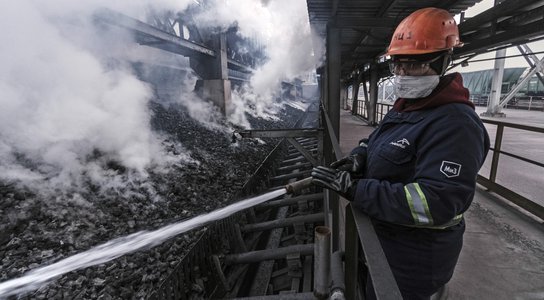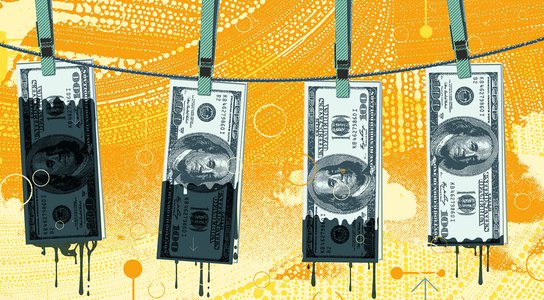As Russia invaded Ukraine, BP promised to sell its 19.75% stake in Russia’s largest oil company, Rosneft. Run by Igor Sechin, a close ally of Vladimir Putin, Rosneft is one of the Kremlin’s most important assets.
Nine months into the war, BP still owns 19.75% of Rosneft, although it says it’s trying to sell it. That means BP continues to receive profit distributions to shareholders, known as dividends, from Rosneft.
Rosneft has now announced that it will pay its shareholders 216 billion roubles (£2.9 billion) for the first nine months of 2022. That means BP will net an estimated £580 million in its first wartime Russian payday.
BP told Global Witness that it ‘’would not recognise this dividend as income’’ and that under Russian regulations, payments would be made to ‘’a specific restricted Russian bank account, the contents of which could not be transferred outside Russia without government approval’. The company considers that it has ‘’received no dividends from Rosneft’’ since writing down its shareholding.
Ukrainian campaigners have called Russian oil profits made during the Kremlin’s illegal war in Ukraine ‘blood money’. Rosneft’s profits have increased significantly since the full-scale invasion on February 24, a premium closely linked to the war. In September, Rosneft announced a 13% rise in half-year net profit to 432 billion roubles (£5.9 billion). BP has already revealed that its overall profits doubled this year. It does not count the Rosneft dividend in those.
So, what could the company’s wartime Russian windfall cover instead?
The UK is one of the largest international providers of assistance to Ukraine. According to Ukrainian government estimates, BP’s 2022 Russian oil profits so far equate to more than one-third of all budgetary assistance provided by the UK government to Ukraine.
As Russia destroys Ukraine’s civilian infrastructure, the World Bank estimates that the reconstruction effort will cost at least £288 billion. BP’s wartime Russian profits could cover nearly 2% of Ukraine’s entire budget deficit for 2023.
Other European countries are considering this. In France, an October vote in the National Assembly which would have taxed dividends paid by companies tied to Russia at 100% and committed them to Ukraine failed by just 8 votes.
BP’s wartime Russian profits would be enough to make a significant dent in the UK’s dependence on fossil fuels and associated energy crisis. The company’s Russian wartime windfall equals nearly double the £300m the company invested into renewable and ‘low-carbon’ energy from January through June this year. This dividend also covers the cost of the installation of around 40,000 air source heat pumps or the insulation of roughly 100,000 homes in the UK.
Despite calls from Ukrainian officials for European oil companies to use their wartime Russian profits to a fund for Ukrainian victims of the war, BP has not committed money to Ukraine. CEO Bernard Looney has condemned Russia’s aggression, and says he was “shocked and saddened” by the situation in Ukraine. And BP says it has written down its ownership of Rosneft. But Rosneft itself has confirmed that it will pay dividends into BP’s Russian bank accounts.
BP may prefer to ignore the dividend and tell us that it does not ‘count’ the money. But the money exists and belongs to no one else. It’s a stark reminder of BP’s toxic bind, owning and profiting from assets which are both fuelling war crimes and the climate crisis. If BP is serious about its condemnation of Russia’s war, then it has plenty of options to right its own wrongs.


